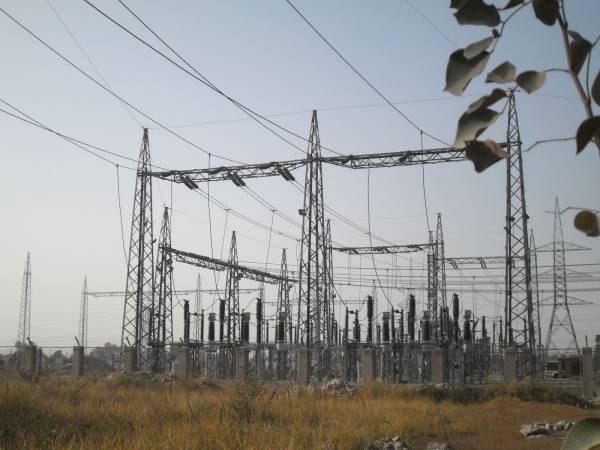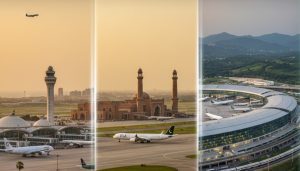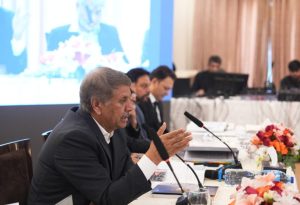DUSHANBE (APP) – The leaders of Pakistan and Tajikistan Wednesday vowed early completion of the CASA 1000 project, enabling the former to import 1,000 MW of electricity to address its growing energy needs.
Addressing a press stakeout along with President Emomali Rahmon during his two-day visit to Tajikistan, the Prime Minister said that Pakistan would also explore further avenues of energy cooperation with the Central Asian Republic.
He said that he held wide-ranging consultations with the Tajik leaders, covering the whole spectrum of bilateral relations, and regional and international issues of mutual concern.
“We reviewed our excellent political relations and agreed that there is a vast potential for expansion of cooperation in the fields of economy, trade, investment, education, science, culture, energy, transport, defence and security.”
The Prime Minister said that the two countries decided that the Joint Commission on Energy and Infrastructure, established in June 2014, would meet twice a year to explore the possibilities of mutually beneficial cooperation in the fields of energy and infrastructure.
“We agreed on enhancing connectivity by air, road and rail for the promotion of our economic relations, people-to-people contacts and tourism. We have concurred with the proposal by a Tajik airline to fly to Pakistan and hope the operation will start soon.”
The Prime Minister said that the two sides also agreed to strengthen economic cooperation by optimally utilizing the existing institutional mechanisms, especially through the Pakistan-Tajikistan Joint Ministerial Commission.
“Our bilateral trade has grown significantly in recent years. Through mutual efforts, it can be sustained and increased further.”
He said his visit was a manifestation of Pakistan’s strong desire to further deepen and broaden bilateral relations with Tajikistan, as an integral part of its vision to comprehensively enhance engagement with Central Asia.
He said that Tajikistan was Pakistan’s closest neighbour in Central Asia, located at the confluence of South and Central Asia, and was a gateway to the region.
He said similarly Pakistan offered the shortest possible route to the sea to countries in the region through its ports.














